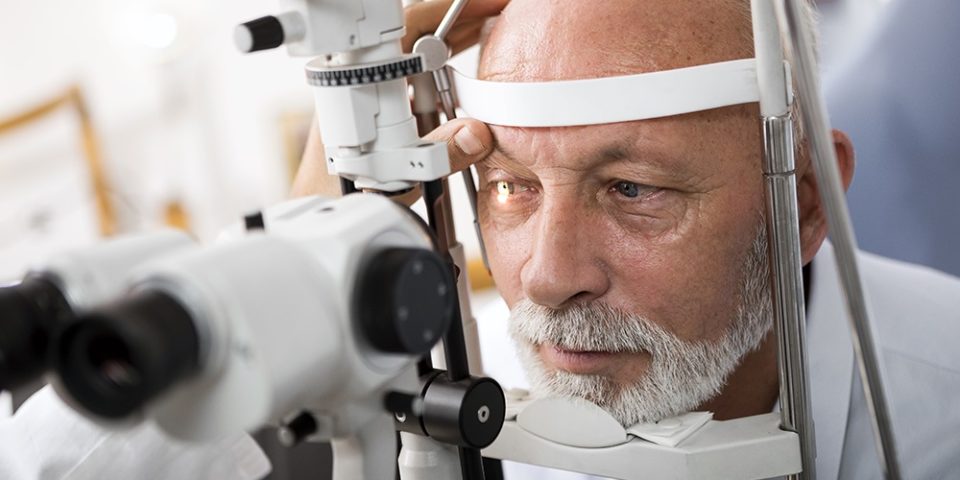Save your vision by understanding glaucoma
Glaucoma is a leading cause of vision loss, but many people don’t know they have it until it’s too late. Shawn Michael Iverson, DO, answered questions about how you can protect your vision from glaucoma, what risk factors to watch out for and what treatment options are available.
What is glaucoma?
Glaucoma is a disease that causes damage to the eyes’ optic nerve, resulting in visual impairment or blindness. The optic nerve is a bundle of more than one million nerve fibers connecting the retina to the brain. A healthy optic nerve is necessary for good vision.
How do you get glaucoma?
Most often, glaucoma occurs when pressure inside the eye (intraocular pressure) increases. However, glaucoma can also occur when intraocular pressure is normal. Glaucoma can develop in one or both eyes.
Who is at risk to develop glaucoma?
Anyone can develop glaucoma. Some groups are at higher risk than others, including:
- African Americans
- Those over age 60
- Individuals with a family history of glaucoma
- Users of corticosteroids (including steroid inhalers for asthma)
What are the symptoms?
At first, glaucoma has no symptoms, causes no pain and vision stays normal. Without treatment, though, people with glaucoma will slowly lose their peripheral (side) vision. If glaucoma remains untreated, a person may miss objects to the side and out of the corners of the eye. It may seem like looking through a tunnel. Over time, straight-ahead (central) vision may decrease, too, until no vision remains.
What can you do to protect your vision from glaucoma?
Because glaucoma has no symptoms at first, it is important to have dilated eye exams by your eye care professional. The tests your eye care professional can perform to detect glaucoma, include:
- Dilated eye exam
- Measuring intraocular pressure
- Visual field testing
- Optical coherent tomography (OCT)
- Pachymetry
How can you treat glaucoma?
Glaucoma cannot be cured. If vision is lost from the disease, it cannot be restored. Early detection and treatment are essential to delay progression of the disease.
Glaucoma treatments include:
- Medicines
- Laser surgery
- Conventional surgery
- A combination of the above
While these treatments may save any remaining vision, they do not improve sight already lost from glaucoma.
It is important to make sure you visit your eye care professional regularly. If you are at high risk for developing glaucoma, have a comprehensive dilated eye exam at least once every year.
Find the care you need, close to home
Our primary care physicians provide well visits and everyday care when you need it with compassion and expertise.
Find Primary Care Near You

